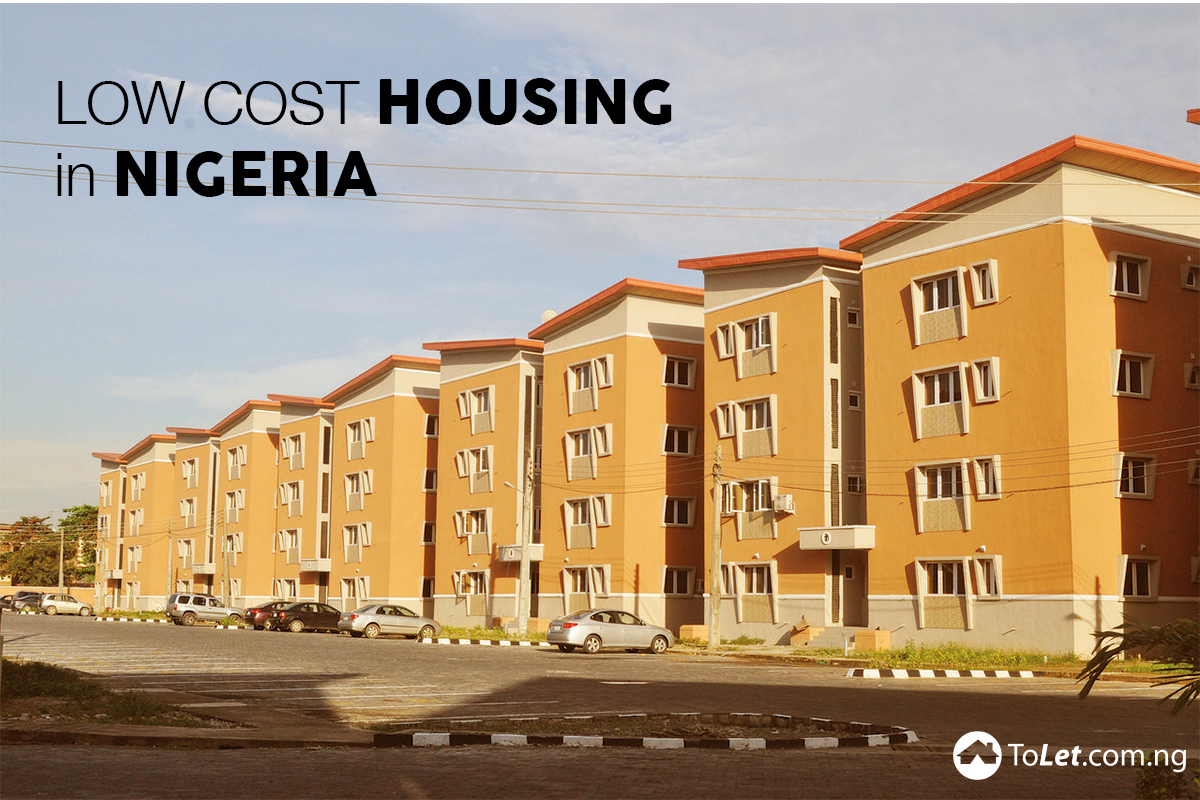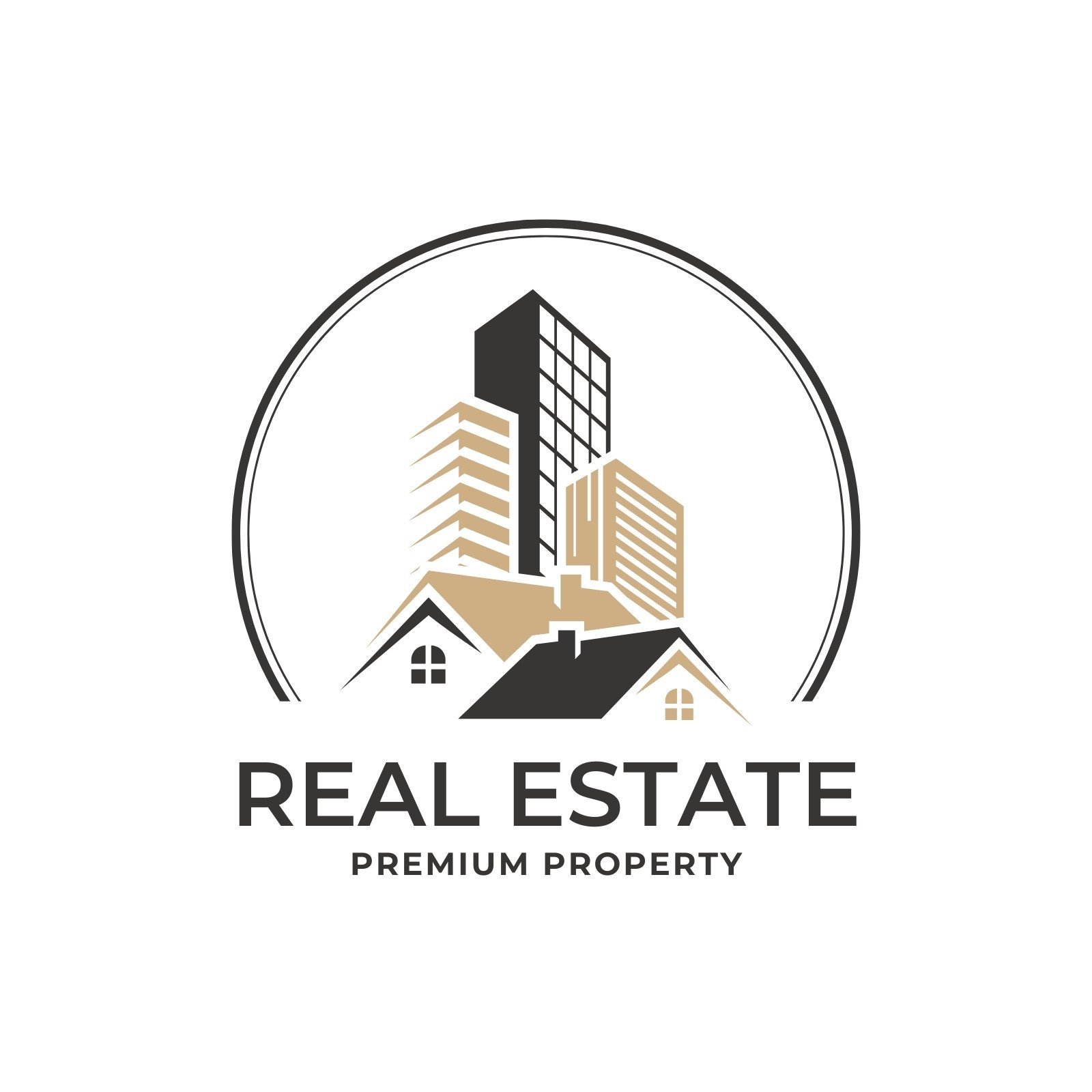demetraeberhar
demetraeberhar
Gross Lease: Defined And Explained

Gross Lease: Unlock the All-Inclusive Deal!
Gross Lease, also known as a full-service lease, is a type of industrial lease. Here, tenants pay a set rate that consists of lease, utilities, residential or commercial property taxes, insurance and maintenance costs. The property owner looks after these expenses and charges a higher rent amount.

Benefits are simple-to-understand, predictable and convenient. Tenants just have to dispense one payment monthly. Unlike net leases, it supplies financial clearness by having one consistent regular monthly expense.
Businesses that need their expenses in advance and predictable can benefit from gross leases. On the other hand, businesses with unpredictable or varying requirements might be much better served by another type of lease with lower base lease. Consider your long-term business needs, financing capabilities and organization growth strategies before signing a contract.
Advantages of a Gross Lease
To comprehend the benefits of a gross lease with foreseeable expenditures for renters, upkeep obligation for landlords, and a total easy-to-understand structure, this section talks about the advantages of selecting a gross lease. By taking a look at the perks of this kind of lease, you can make a more educated decision when looking for an area to rent.
Predictable Expenses for Tenants
Renting a residential or commercial property can be difficult to spending plan for. But, with a Gross Lease, occupants can know what to anticipate. Here are 3 benefits:
Clear Budget Planning – Tenants will know their monthly lease, as it covers all associated expenses.
No Extra Fees – Unlike a Net Lease, there are no additional expenses like energies, taxes, or upkeep.
Better Understanding of Rent Increases – If lease increases, occupants will just pay more instead of facing unforeseen charges.
Things change in various places. In Canada or Australia, renters might need to pay for shared locations – this is called a Modified Gross Lease. Commercial residential or commercial properties frequently use Triple Net Leases. Landlords pass on costs to tenants. They are simpler – they’re mostly used for houses. Landlords resemble superheroes, except rather of conserving lives, they just repair leaky faucets!
Maintenance Responsibility for Landlord
The property owner’s upkeep responsibility in a gross lease is an advantage for occupants. No requirement to stress over keeping the residential or commercial property themselves. They can simply focus on their own service operations, making it a practical option for commercial residential or commercial properties.
This also offers occupants security. No unforeseen repair work expenses or maintenance costs. Landlords are responsible for repair work and upkeep. Keeping the residential or commercial property safe and well-maintained.
No extra expenditures or obligations associated with developing upkeep. Tenants have more flexibility to select a place that fits their budget plan. This price help business growth. Promoting stability and success in the long run.
Overall, they have numerous advantages for industrial tenants. It permits organizations to concentrate on success. Quality management without additional costs. Negotiating a gross lease is simple. Understanding the terms is simpler than ordering a plain black coffee at Starbucks.
Easy to Negotiate and Understand
Gross lease negotiations appear cruising! Just one single payment covers all the expenditures of the residential or commercial property. This makes it easy for both sides to come to an arrangement with no complicated maths or hidden expenses.
Moreover, this kind of lease is perfect for brand-new renters or renters who do not have much knowledge about commercial property leases. They can be sure that there won’t be any shocks or added fees. However, other leases, such as net leases, can be truly complicated, and need legal understanding.
A gross lease has great benefits, like foreseeable expenditures and monetary security. You know exactly how much you need to pay every month for rent, taxes, and operational costs – apart from electrical energy costs which have to be individually metered. This makes budgeting easy and enables planning without any surprises.
Why choose a net lease when you can have the exciting unknown with a gross lease?

Disadvantages of a Gross Lease
To prevent potential threats connected with this kind of lease, you must carefully evaluate its downsides. In order to do so, we’ll check out its disadvantages, including possibly greater lease expenses. Further, minimal control for renters can be a concern, in addition to complex handling for particular scenarios.
Potentially Higher Rent Costs
A gross lease is a rental agreement where the tenant pays a set lease monthly. This consists of all costs connected to the residential or commercial property, like utilities, maintenance, and taxes. Though, this type of lease may result in higher month-to-month lease expenses for the tenant compared to other choices.
The property manager sets the rent based upon their estimated expenditures. If these go up, like residential or commercial property taxes, or upkeep costs, the proprietor may require to increase the rent. This can result in an unanticipated boost in month-to-month lease expenses for the occupant.
The occupant isn’t accountable for any extra expenditures beyond their month-to-month rent. So, they may miss out on out on cost-saving steps that might lower their total expenditure. Like, if they were paying utilities directly, they might utilize energy-saving techniques to minimize the expenses.
Tenants need to review every aspect of a gross lease before consenting to it. This consists of understanding how typically the rent increases and by how much. They must likewise inspect if all costs are sensible.
Limited Control for Tenants
A gross lease can limit a renter’s control. The property manager has power to make choices for repairs and enhancements and to adjust lease. This limits tenants’ ability to prepare for long-lasting occupancy or improve their space. They may require the landlord’s authorization to sublease or assign the properties. However, some property owners offer more flexible net leases with operational expenses included in rental rates.
It is very important for occupants to look into the arrangement before signing. An example is a small retailer owner who entered a gross lease with an aggressive property owner. Attempts to negotiate were not successful, and increasing lease resulted in financial difficulties. Solving a gross lease circumstance can seem like attempting to fix a Rubik’s cube blindfolded, with only one hand, and no guidelines.
Complicated for Certain Situations
Gross Lease can be tricky to manage. It typically leaves the proprietor with all the expenses – which can be tough to work out, especially if numerous occupants share a building. Problems can emerge if unforeseen costs appear. This can cause disputes in between occupants and landlords and lead to expensive legal fees.
Do your research study! Put in the time to comprehend your needs before signing any contracts. Work with trusted advisors to choose the right arrangement for you. Planning carefully and comprehending factors like upkeep expenditures, allowance and resolution procedures can shield you from issues that usually come with gross leases. Make certain you make the right choice for your organization!
To comprehend kinds of gross leases, such as complete gross lease and modified gross lease, as an option, this section with the title, “Kinds of Gross Leases,” offers a comprehensive overview. Understanding these sub-sections is very important in order to identify which type of lease is the best suitable for your needs as an occupant or property manager.
The All-Inclusive Lease, likewise known as the Flat Rate Lease, is a common kind of Gross Lease. This lease consists of all charges, energies and upkeep expenses in the lease payment. The property manager stays responsible for paying for insurance and residential or commercial property taxes.
Tenants are more most likely to look after their leased space when this kind of lease remains in location. They likewise have more control over their expenses as it is transparent. At the end of each year, modifications in operating expenses can trigger variations in rental rates. Make certain you examine your agreement to be conscious of this.
To get the most out of this kind of lease:
1. Agree to a longer term extension to dodge increases in lease.
2. Negotiate an expenditure cap or fixed yearly hike.
3. Check if parking spaces or signs rights are included.
By doing these, you can have more power over your leasing costs and maximize its advantages. Note: Modified Gross Leases may still have some gross aspects, just with a bit less smell.
A hybrid or combined lease is one that integrates both gross and net features. Tenants pay for utilities, janitorial services, and sometimes even split larger expenses like heating or cooling. Landlords cover residential or commercial property taxes, insurance coverage, and maintenance.
These modified gross leases use more flexibility than conventional gross leases while still offering some protection from unforeseen expenditures.
According to Forbes, 88% of retail companies use customized gross leasing to share interests between lessees and owners.
Gross Vs. Net Lease Comparison
To understand the differences between gross lease and net lease in property, you require to understand how these leases impact rent responsibility and operating expenditures. In this area about “Gross Vs. Net Lease Comparison”, you will find out about the major differences between the two. The sub-sections, “Differences in Rent Responsibility” and “Differences in Operating Expenses” will supply a fast solution to comprehend the lease terms much better.
Differences in Rent Responsibility
Gross rents normally benefit occupants with fewer out-of-pocket expenditures. But, landlords need to pay a greater fee to cover non-rent expenses than in a net lease.
The Responsibilities of Rent in a Gross Vs. Net Lease Comparison can be rather various.
Let’s explore what sets these two leasing types apart:
It is essential for tenants to research their choices and understand charges like utilities, taxes, and rebuilding funds when thinking about net leases. Landlords ought to carry out regular evaluations to deal with any issues early in the tenancy period. Business expenses, like a ninja of financial drains, can quietly eliminate your revenues.
Differences in Operating Expenses
Gross and net leases vary substantially in regards to costs. The table below compares the 2.
Gross leases may be perfect if a consistent payment is desired. Net leasing makes it possible for occupants to have more control over costs. But, these additional expenditures can be challenging to calculate.
Pro Tip: Decide which option fits your business strategy before signing any lease agreements. It might affect your earnings and costs flow substantially. Time to crunch some numbers and determine if you prefer your lease as gross as a yucky milkshake or as net as a fresh fish!
Gross Leases are explained and specified in this short article. It’s important for both renters and landlords to understand what a Gross Lease is when renting a residential or commercial property. This consists of all expenses, like upkeep expenses, energies, and other costs, in a charge.
Simply put, occupants pay a repaired rent monthly, and the landlord covers all other costs connected with running and keeping the residential or commercial property. This means occupants can prepare their monthly expenses and evade any surprises in their lease.
Remember that although renters get the perk of foreseeable costs, landlords need to consist of any extra operational or upkeep expenses on top of the flat fee they obtain from their renters’ regular monthly payments.
Knowing what Gross Leases are will assist you when handling industrial real estate leasing. Sometimes, having knowledge about Gross Leases can mean getting cheaper rent offers that fit both sides.
A knowledgeable genuine estate financier showed his ability in making leases by using Gross Leases which allowed him to remain within his budget plan limitations and keep away from unexpected expenses throughout his leases’ periods.
Q: What is a gross lease?
A: it is a type of lease arrangement in which the tenant pays a set amount of rent and the landlord handles obligation for the residential or commercial property expenses like taxes, insurance, and upkeep.
Q: How is rent determined in a gross lease?
A: Rent in this type of lease is fixed and includes all residential or commercial property expenditures. The occupant pays a single quantity monthly or year which covers all the expenditures in the residential or commercial property.
Q: What are the benefits of a gross lease?
A: The benefits are that tenants don’t have to stress over unexpected residential or commercial property expenses, it streamlines the rental procedure, and proprietors can use things like lower lease or more occupant amenities.
Q: What’s the difference between a gross lease and a net lease?
A: A net lease requires the occupant to pay for their share of additional expenses, consisting of upkeep, insurance, taxes, and energies. The lease in a net lease is lower and occupants pay expenses individually.
Q: Are energies consisted of in a gross lease?
A: In a lot of cases, energies are included in the agreement. However, it’s important to read the lease agreement thoroughly to understand what’s included and what’s not.

Q: Can a gross lease be renegotiated?
A: Yes, it can be renegotiated if the property owner and tenant concur to do so. However, it’s vital to have any lease changes in writing and signed by both celebrations to prevent any misconceptions.
SIGN-UP FOR PAYRENT
– Control when and how occupants pay you
– Automatically remind tenants when rent is due
– Accept bank transfers and credit cards
Related Posts:
Cap Rate: Defined and Explained
What is Gross Rent Multiplier and how to utilize it
Mrs. Murphy and Fair Housing Act Exemptions Explained
Wear and Tear Explained – What proprietors require to know
How to Write a Lease Agreement & 13 Clauses You Need …
** Blog Article Disclaimer *
This blog site short article is offered informative purposes just and does not make up legal suggestions. The material is planned to use general info and needs to not be relied upon as a substitute for expert legal guidance tailored to your specific situations.
While we strive to keep the information accurate and up-to-date, laws and policies are subject to alter, and the legal landscape may differ based upon jurisdiction. Therefore, we make no representations or warranties relating to the efficiency, accuracy, reliability, or suitability of the info included in this short article.
Reading, accessing, or utilizing the details offered in this blog site does not develop an attorney-client relationship between the reader and the author, and any dependence on the details is at your own threat. If you require legal guidance or support, it is important to seek advice from with a qualified lawyer who can consider the specifics of your circumstance and provide advice accordingly.
The author and the platform disclaim any liability for any loss or damage incurred by individuals or entities as a result of the details provided in this blog site. We recommend seeking advice from a legal expert before making choices or taking action based on the details offered in this article.



